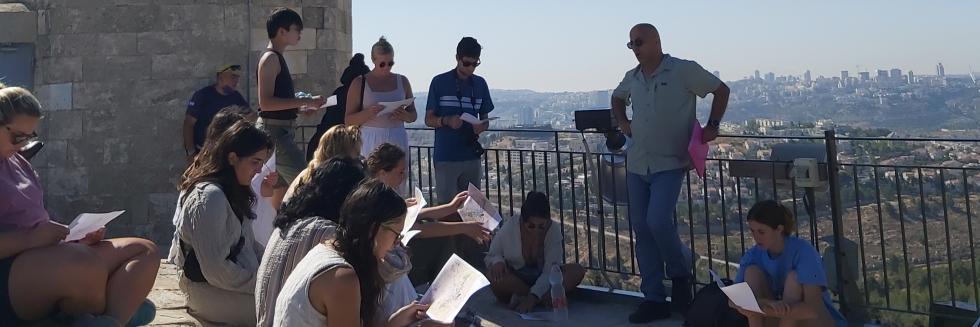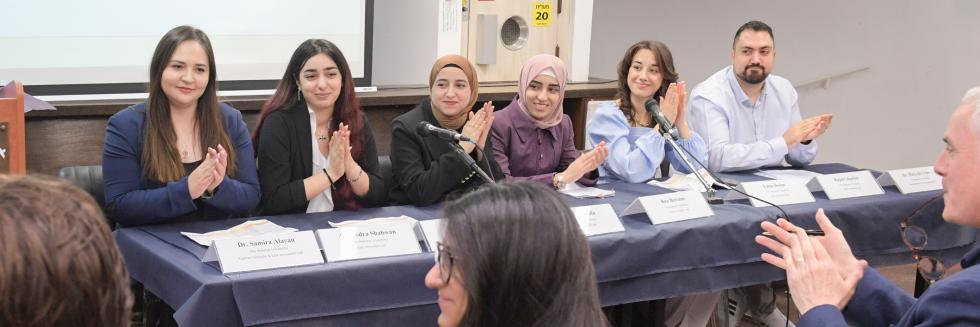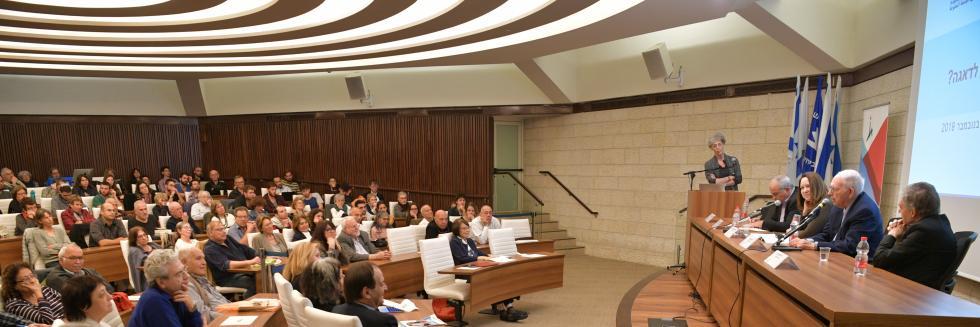Group Members: Dr. Helena Grinshpun, Dr. Deby Babis and Dr. Min Zhang
This research project will explore intimacy in urban China, Japan, and among the Filipino community in Israel, as an embodied practice related to various forms of shared residence in the context of social transformation. It will ethnographically examine the process by which individuals construct new modes of intimate engagement against the background of mounting social alienation and spatial transition. The three projects comprising the research group discuss the particularities of this process in three different contexts: new pattern of multigenerational co-residence in urban China, shared housing in urban Japan, and live-in care-giving in Israel. Despite their diverse social and cultural settings, all three projects share a common disciplinary framework of an ethnography examining how the experiences of sharing a private space forge new modes of intimacy and sociality in various life course domains.
Dr. Grinshpun’s research looks at a new residential format gaining foothold in Japanese cities - the “share house” - and discusses how it addresses the mounting need in alternative social environment among Japan’s younger generation.
Dr. Zhang’s project aims to examine the dynamics among intimacy, multigenerational co-residence, and ageing in cosmopolitan China. Specifically, it will use a historical-ethnographic approach to explore how Chinese elderly people’s urban sojourning affects the intergenerational intimate relations and their ageing experiences.
Dr. Babis’ research project aims to explore the dynamics of intimacy developed between Filipino live-in migrant workers and their elderly employers in Israel. It focuses on the way the Filipino caregivers cope with this intimacy through the years of their work and following their employers’ death.
The three cases point at a number of trends shared by the three different settings (China, Japan, and Filipino in Israel), and imply that wider processes of social change are at stake when the dynamics among intimacy, shared living arrangements, and mobility are examined.





